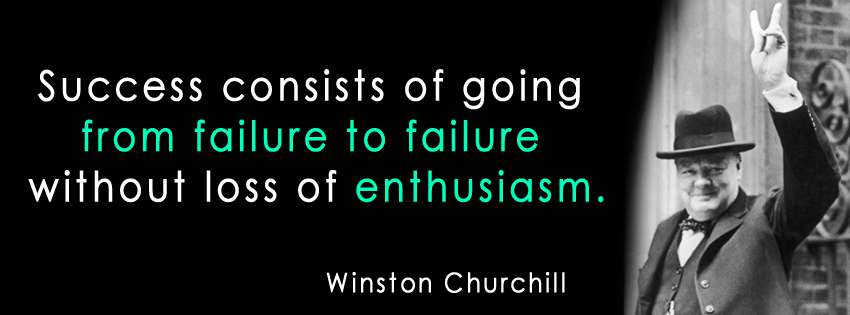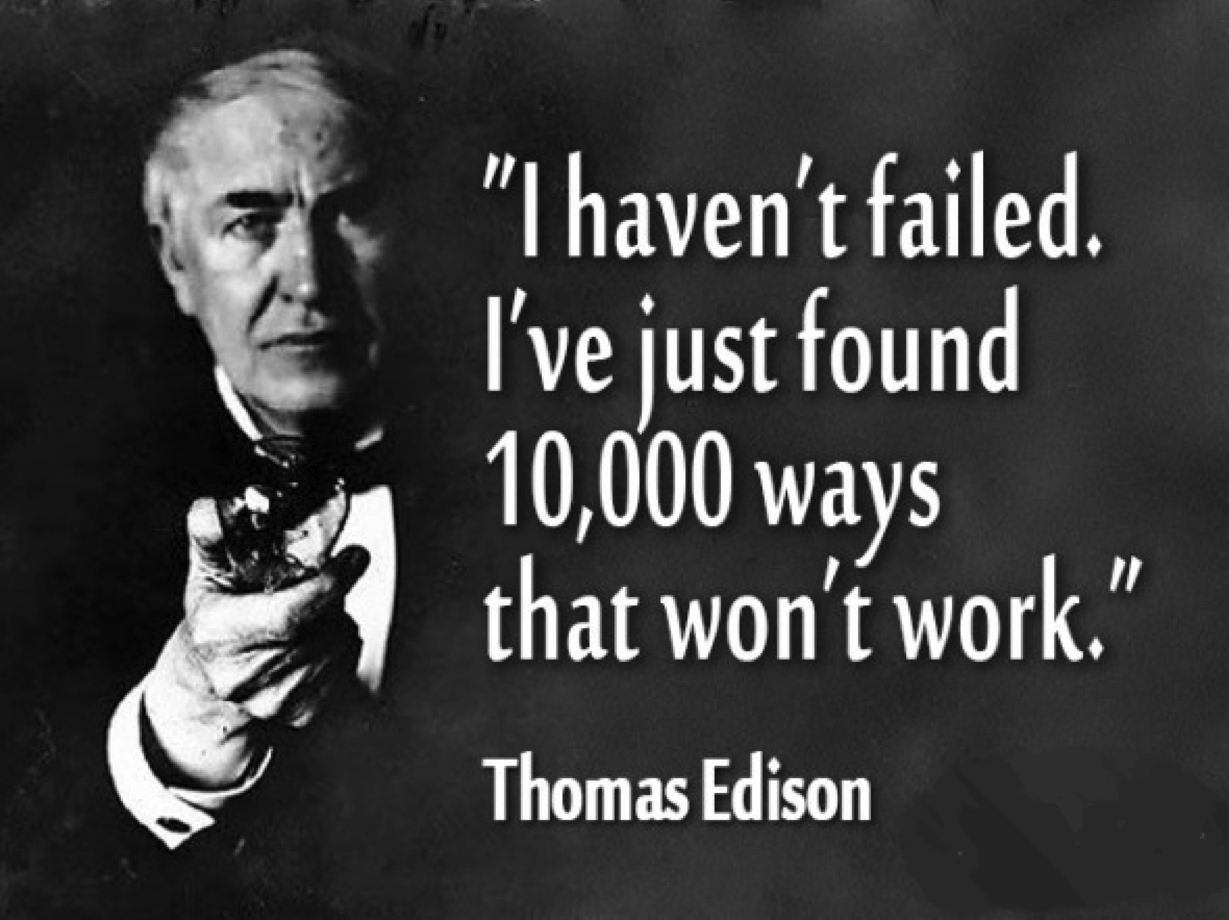Wisdom-Trek / Creating a Legacy
Welcome to Day 23 of our Wisdom-Trek and thank you for joining me.
This is Guthrie Chamberlain, Your Guide to Wisdom.
Today we look at 25 Ways to Turn Failure into Success (Steps 6-10).
We are recording our podcast from our studio at Home2 in Charlotte, North Carolina, and we have another busy week lined up. In addition to our regular client work, I have been invited to be a guest on two other podcasts this week, we have an onsite visit with one client, and then we are headed back to The Big House in Marietta, Ohio, this coming weekend. We are never wanting for something to do as we endeavor to enjoy life’s journey each day. Thank you so much for coming along with us on this trek of life as we consider you our friend. It is our desire to also be your guide and mentor as we navigate the rugged trails that each of us encounter daily.
As we continue on, we want to use five more stepping stones as we traverse the trails before us. Our lives will be filled with obstacles, difficulties, and, at times, failures. Here are five more ways we can navigate over, under, around and through the obstacles of life.

- The more you fail, the more you learn more. While we should not purposely fail, we need to thrive on the wisdom and experience that we gain from failing. We need to soak it in and embrace it. Our objective each day should be to make a positive difference in the lives of others through taking action. When we take smart action we should never fear failure. We need to persevere in spite of failures. Every failure is a learning opportunity on how not to do something or how to do it better. If we are going to be an achiever then to some extent failure is the way of life. Every failure makes us much more determined to succeed. “Failure and defeat are life’s greatest teachers but sadly, most people, don’t want to go there!” Ralph Heath.
- Stepping Stone #6 – Learn from your failures.
- Stepping Stone #6 – Learn from your failures.
- Failure can be positive or negative. Failure is a learning tool. Thomas Edison failed a thousand times before he invented the lightbulb. Failure is trying to do things others have not considered. It is a temporary by product of creativity. It is challenging the learning process. A reporter once asked Thomas Edison “”How did it feel to fail 1,000 times? ‘ ‘I didn’t fail 1,000 times,’ Edison responded. ‘The light bulb was an invention with 1,000 steps.’”
- Stepping Stone #7 – Failures are steps to success.
- Stepping Stone #7 – Failures are steps to success.
- Failure is experiential education at work. To be a real winner in life you need to endure failure and the agony it produces. Success is achieved when you are willing to take risks and lose. Most people choose to engage in occupations and activities that are safe and predictable. If you enjoy that, do the very best you can and enjoy each day. For many people, those occupations don’t deliver satisfaction, fulfillment or joy in living. If you find yourself in that position, then for you failure is not to move in the directions of your dreams. If you desire something more, then take action, “Decide whether or not the goal is worth the risks involved. If it is, stop worrying and pursue your dreams, or you will only fail by taking no action.”
- Stepping Stone #8 – Failure provides experiential education.
- Stepping Stone #8 – Failure provides experiential education.
- Failure can be a weapon. We can learn discipline through failures. It allows us to sharpen ourselves against the grindstone of failure. We do not need to make excuses for failure. We need allow it to be the weapon of determination to succeed. Although you might fail incredibly, you might succeed incredibly, and that’s why incredible risk and courage are required. Fail or succeed either way, you’ll learn more than ever about your strengths, talents, and resolve, and you’ll strengthen your will for the next challenge. “Sharpen your success weapons on the grindstone of failure.”
- Stepping Stone #9 – Use failure as your weapon to succeed.
- Stepping Stone #9 – Use failure as your weapon to succeed.
- Failure programs you for success. Every failure has a builtin mechanism to autocorrect and reprogram you for success. Therefore, think of failures as a way of programming you to improve and succeed. When we fail, we naturally activate the auto correct mechanism which provides us with the tools needed to work successfully the next time. “You’ve got to keep finding better ways to run your life, or someone will take what you’ve accomplished, improve upon it, and be very pleased with the results.
- Stepping Stone #10 – Program failures into success.
- Stepping Stone #10 – Program failures into success.

We are continuing with a practical lesson from the Scriptures on how failures resulted in success. Yesterday we left off with Moses’ father-in-law, Jethro, rebuking him for how he was handling the administration of cases that were brought before him for judgment. Up until this point Moses was handling the entire workload himself – sounds like something I would attempt. If you missed yesterday’s podcast or journal, make sure you go back and catch up on the story.
Let’s continue the story in Exodus 18 verses 19-23, “Now listen to me, and let me give you a word of advice, and may God be with you. You should continue to be the people’s representative before God, bringing their disputes to him. Teach them God’s decrees, and give them his instructions. Show them how to conduct their lives. But select from all the people some capable, honest men who fear God and hate bribes. Appoint them as leaders over groups of one thousand, one hundred, fifty, and ten. They should always be available to solve the people’s common disputes, but have them bring the major cases to you. Let the leaders decide the smaller matters themselves. They will help you carry the load, making the task easier for you. If you follow this advice, and if God commands you to do so, then you will be able to endure the pressures, and all these people will go home in peace.”
Notice the wise advice from Jethro to solve the issue of Moses. Moses was floundering and struggling with keeping up with the workload. You might say he was failing in his ability to handle the situation.
Jethro’s first advice to Moses was to let him know that he is still in charge, and responsible for what goes on, but he does not have to do all the work himself. In fact we already saw that he was not capable of doing so. He instructed Moses to teach others to handle the matters of dispute, except the very major ones. But Moses had to make sure that he chose not only capable men, but also honest men who would execute the laws properly. You can see from these instructions that most modern societies have their court systems patterned after these suggestions.
Tomorrow we will see if Moses took Jethro’s advice.

That will finish our podcast for today. Join us tomorrow for Stepping Stones 11-15 on our journey to turn failure into success.
So please check into our “camp” tomorrow for another day on our Wisdom-Trek, Creating a Legacy.
I encourage you to leave a discussion topic, comment, suggestion, or question about this podcast on the Contact Us page of our website, or email me at guthrie@venturecg.com. We would love to have interaction from members of our Wisdom-Trek team.
Please subscribe on iTunes or the player of your choice, so Wisdom-Trek is downloaded each day automatically. We also have a Subscribe to Podcast page.
Please leave us a rating on iTunes or Stitcher. It means so much to us. Also, spread the word to everyone you know to join us on our Wisdom-Trek. Thank you!
I have posted several pictures and resources from our trek today, so check out Wisdom-Trek.com for the daily journal, wisdom nuggets, and free resources.
As we take this Trek together let us always:
- Live Abundantly (Fully)
- Love Unconditionally
- Listen Intentionally
- Learn Continuously
- Lend Generously
- Lead with Integrity
- Leave a Living Legacy Each Day
This is Guthrie Chamberlain reminding you to Keep Moving Forward, Enjoy the Journey, and Create a Great Day! See you tomorrow!

Leave a Reply